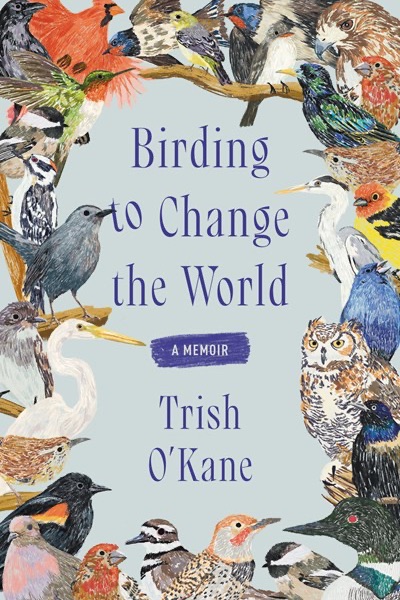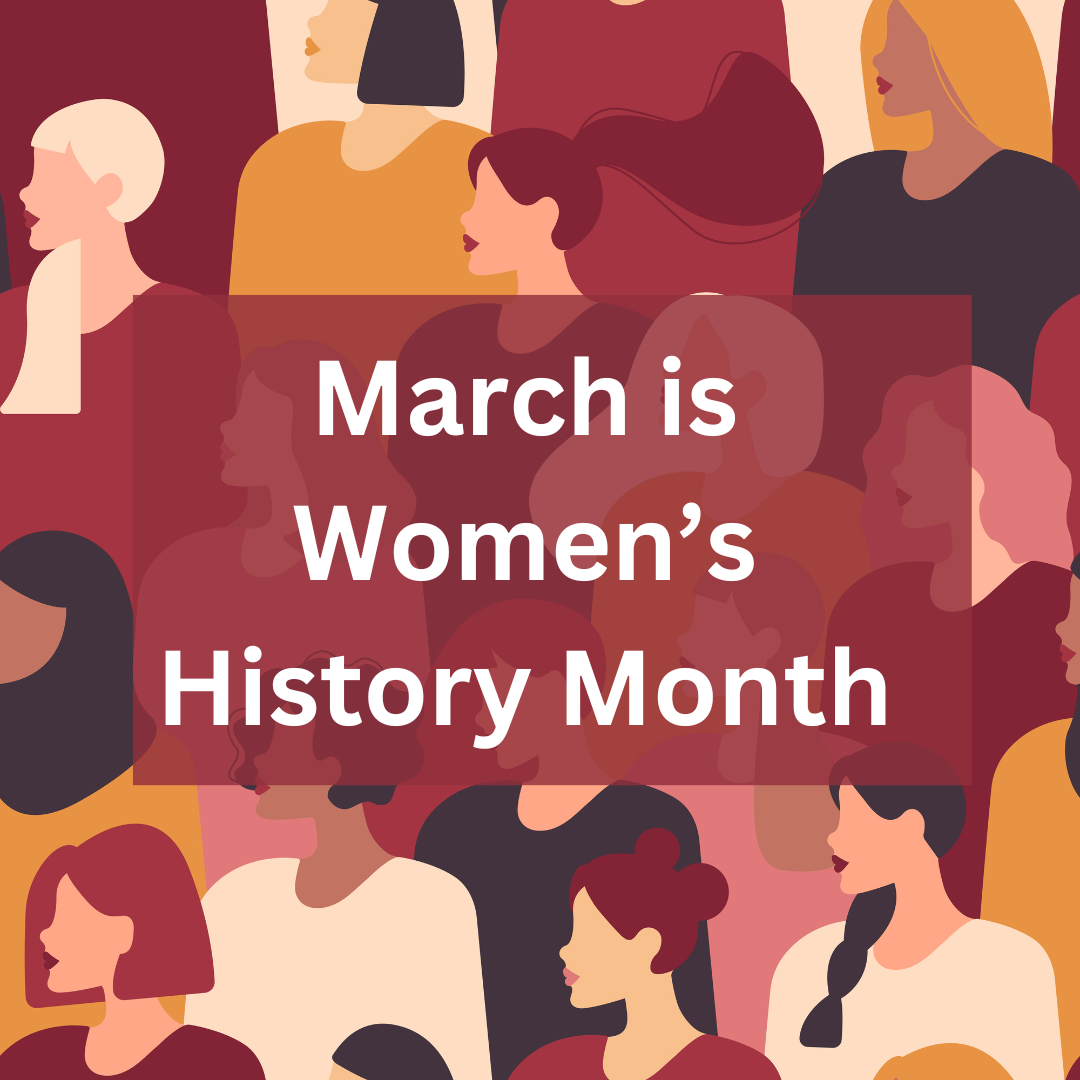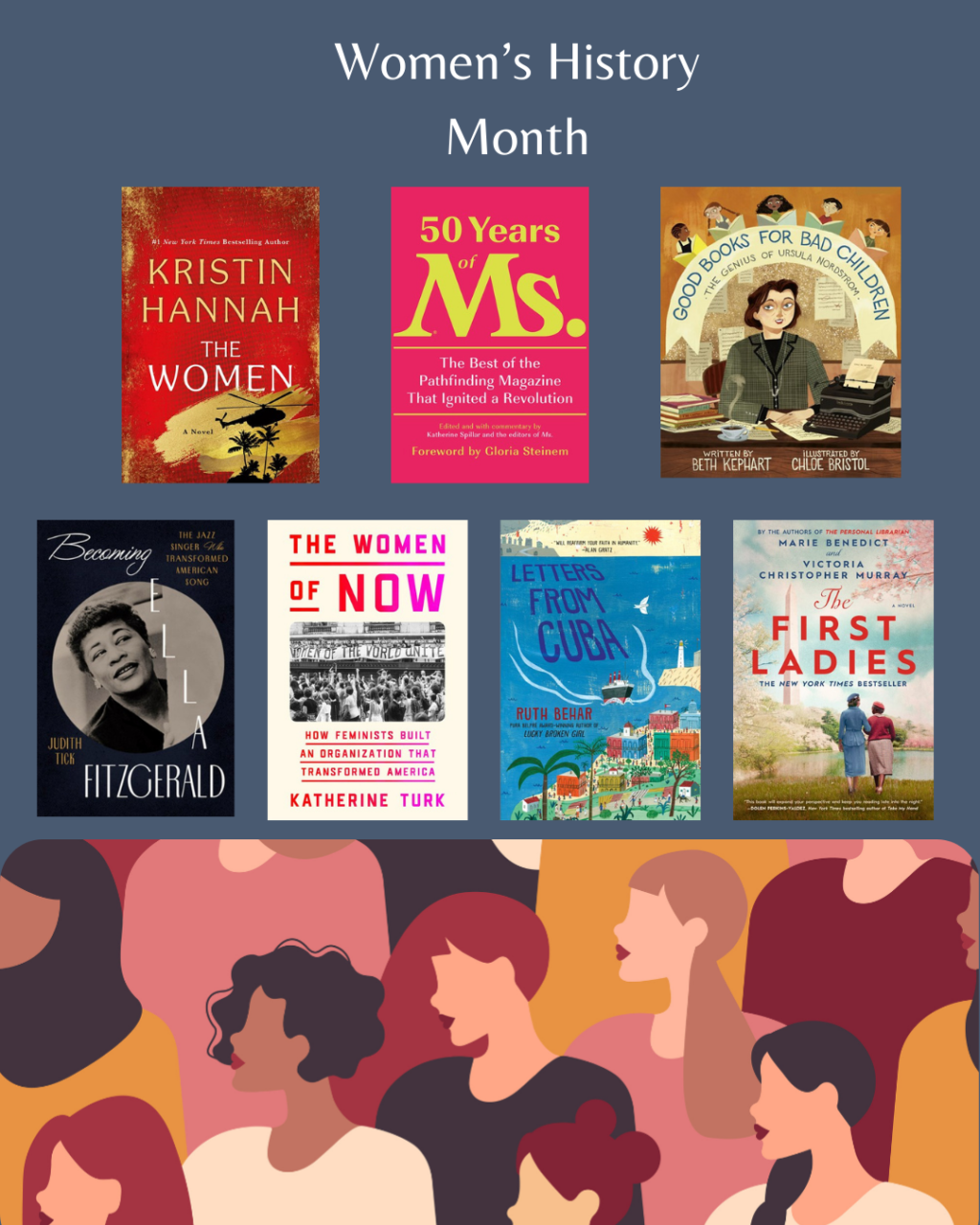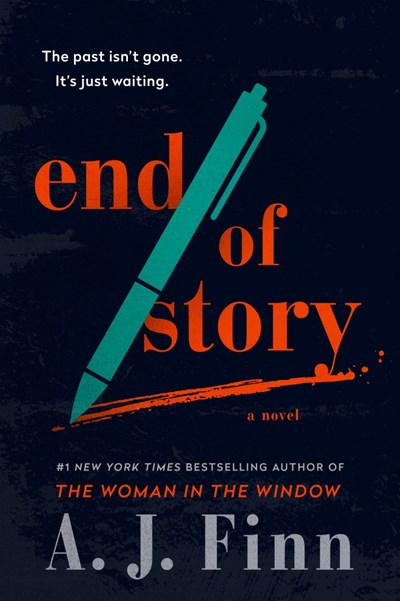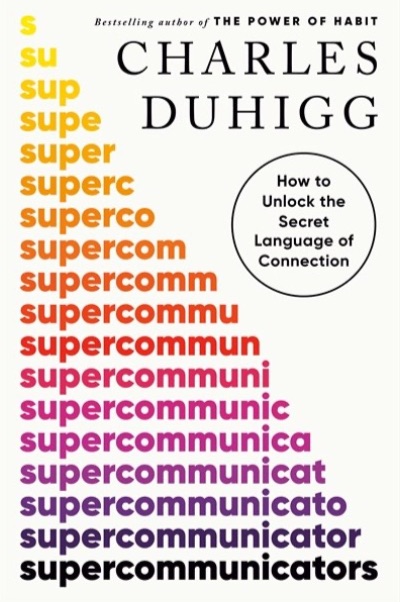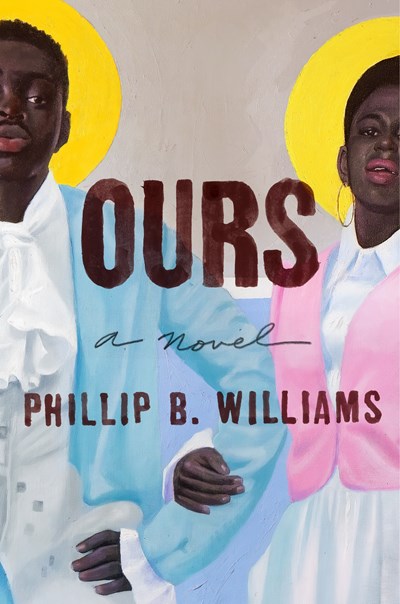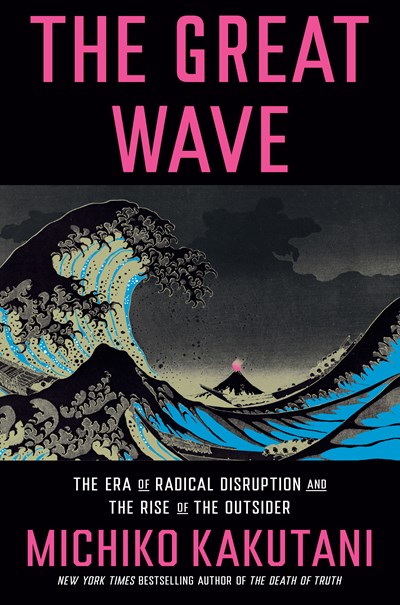A gripping historical novel about a spirited girl who joins a sisterhood working to undermine the Confederates—from the award-winning author of We Cast a Shadow
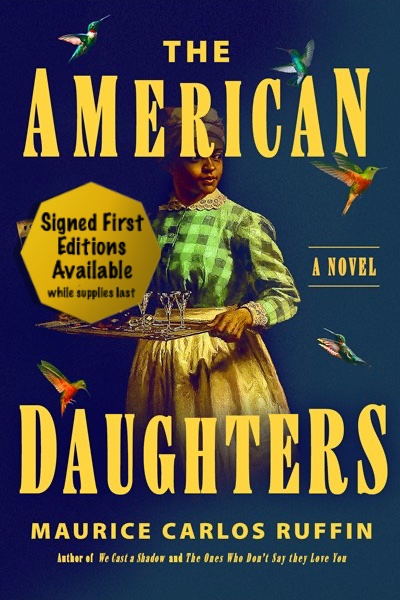
“A genius conceit . . . thoughtful, courageous, exciting . . . a splendid work.”—Robert Jones, Jr., author of The Prophets
Ady, a curious, sharp-witted girl, and her fierce mother, Sanite, are inseparable. Enslaved to a businessman in the French Quarter of New Orleans, the pair spend their days dreaming of a loving future and reminiscing about their family’s rebellious and storied history. When mother and daughter are separated, Ady is left hopeless and directionless until she stumbles into the Mockingbird Inn and meets Lenore, a free Black woman with whom she becomes fast friends. Lenore invites Ady to join a clandestine society of spies called the Daughters. With the courage instilled in her by Sanite—and with help from these strong women—Ady learns how to put herself first. So begins her journey toward liberation and imagining a new future.
The American Daughters is a novel of hope and triumph that reminds us what is possible when a community bands together to fight for their freedom.




